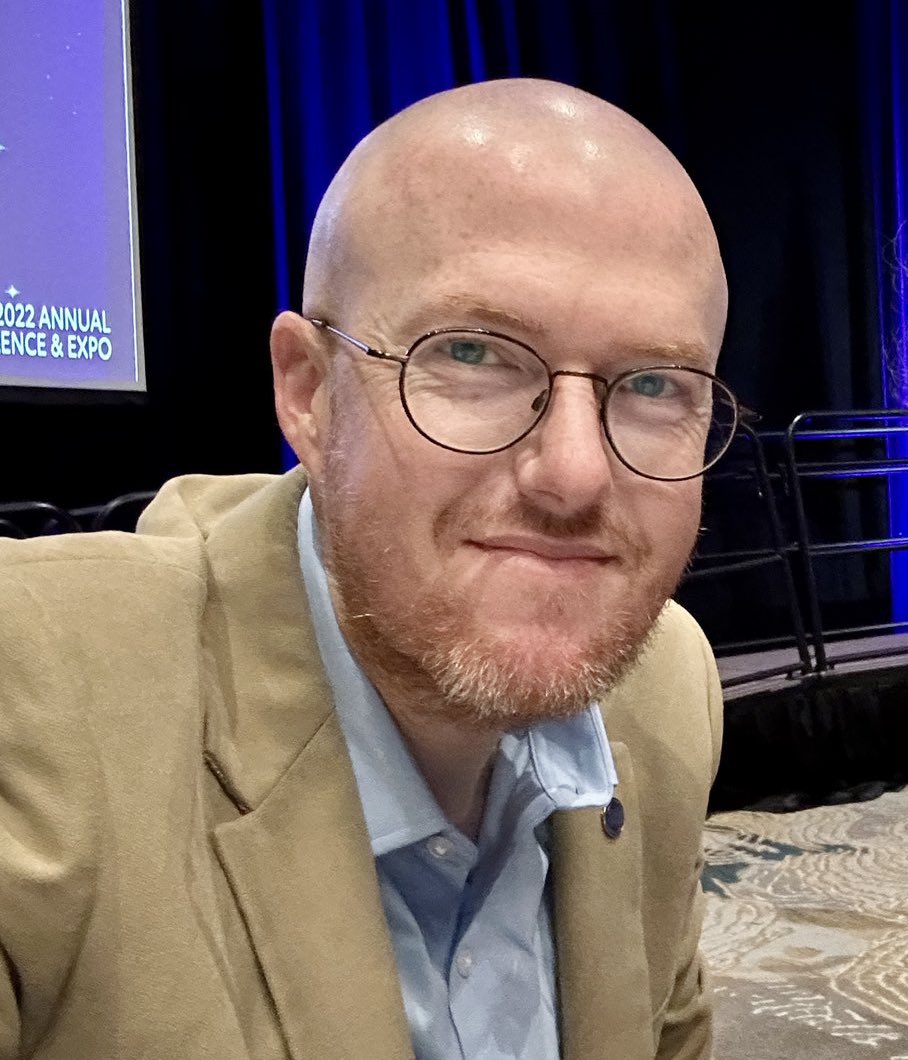
Eventually, the dark night will lift for you or those you’re serving. Look for the glimmers of light along the way, cling to Christ, and encourage your people to do the same.
By Matt Henslee
The Dark Night of the Soul was written in the 16th-century by a Spanish mystic as a poem and treatise about the soul’s journey to union with God.
While the poem had less to do about life’s general difficulties, the popular use of the phrase has come to refer to such trials—a seemingly insurmountable amount of toil and trial that tempts us to despair at our circumstances and feel as though we have no hope in this world. It’s the feeling that the future is bleak and that our prayers to God are bouncing off the walls.
My past dark nights of the soul
I recall two times when I faced a dark night of the soul—one nearly 10 years ago and another about three years ago. The first was when, in the course of three days, we lost our first baby to miscarriage, I was given a three-month notice at my job, and the prospect of another position vanished into thin air.
Those are three days I’ll never forget. Our hopes and dreams of a child—gone. Job security—gone. Future plans—gone. In three days.
I had long preached of the goodness, love, and providence of God only to find myself crying and trying to pray to a God that—at the time—seemed bad, hateful, and distant. I went out for a run and for four miles said things to God that probably deserved a lightning strike right there in the middle of the trail.
Something happened at mile four, however, that I’ll never forget. A sense of peace washed over me. Suddenly, memories filled my mind of the various ways God had been good and loving and had acted providentially in my life.
From being adopted out of a drug and alcohol-filled home to being revived after drowning, memory after memory flooded my mind for about 10 miles. I came back home a different man. A better man.
God brought me out of that dark night (or dark run) of the soul to see His hand more clearly on my life.
Another dark night of the soul happened three years ago when I was in the middle of an awful situation. While our church was growing by leaps and bounds and people were getting saved, Satan was on the attack. He used the ungodly actions of so-called leaders to attack my family and me viciously, week in and week out.
We were lied to, stolen from, and verbally abused from day one. It was hard. I’d ask, “Why me?! What have I done to deserve this?! Why is this happening amid all the good you’re doing?!” I suffered panic attacks almost daily, never slept through the night, and got so depressed I chose to put away my guns.
It seemed as if every prayer I prayed bounced off the ceiling only to come back and taunt me. Eventually, the fog lifted and the Lord led me to Mayhill Baptist, where I continue to serve to this day—with joy, with a better understanding of people, and with a firm grasp on the never-ending love of God.
My current dark night of the soul
But what happens when you’re in a good place emotionally, physically, and spiritually, yet those around you are in the fight of their lives? In just a few shorts weeks, we’ve had people at my church lose loved ones, confess to adultery, attempt suicide, move away, quit, and more. It seems as if wave after wave has crashed against our church.
Every pastor knows these times will come. A member may face a terminal cancer diagnosis, a member may choose to end his or her life, and a member may lose a job. If you can think of the worst thing that can happen to one of your members, something even worse may stare at you in the dark of night.
The Scriptures call us to weep with those who weep and rejoice with those who rejoice. And if we have any heart at all, we’ll find the empathy and sympathy we have for our members is enough to keep us up at night as we pray through tear-covered faces on behalf of our people.
So what?
Whether you’re facing your own dark night of the soul, or members of your church are facing their own dark nights of the soul, I have four things that’ve helped me. I believe these may help you, too:
1. Pray – even if you don’t want to.
There are plenty of times you’ll find you feel like your prayers are bouncing off the ceiling. Don’t stop praying. He hears, He knows, and eventually, He will answer. There’ve been times when my prayer simply becomes me repeating the phrase “help me” over and over because I know the Spirit is interceding on my behalf (Romans 8:26).
2. Rest – even when you feel you can’t.
Go to bed, my friends. God isn’t taking the day off when troubles or trials hit, He’s still in control. You can rest securely, and if you rest, you’ll be able to walk through the dark nights far more faithfully by simply waiting on Him and relenting from trying to push through (Psalm 62:5).
3. Listen – don’t try to fix everything.
In counseling, it’s easy for pastors to be thinking through what we can say to “fix it.” So much so, as someone is talking, we’re often thinking about what we can say next. Don’t do this. Listen. Let them talk.
Often, the more they talk, the more they begin to see the best way forward. Other times, the more they talk, you’ll have a much better picture and understanding to give biblical guidance and counsel (James 1:19).
4. Get help – or at least be willing.
If you’re facing a dark night of the soul, don’t go at it alone. Reach out to trusted friends and confidants. My mentor is probably one of the biggest reasons I’m here today. Why? Because he listened well and guided me biblically. There’s also absolutely nothing wrong with also seeking medical help.
If you’re facing someone else’s dark night of the soul with them, don’t go it alone either. If you’re in over your head in counsel, be willing to refer them or see if you could—together—reach out to someone who can speak into the specific situation.
Glimmers of light in the dark night
Eventually, the dark night will lift for you or those you’re serving. Look for the glimmers of light along the way, cling to Christ, and encourage your people to do the same. I’ve faced some dark nights of the soul, and I’m facing some more as I stand in the gap for my church, but it’s worth it.
Because on the other side of them—when the light is the brightest—we get an even greater picture of the goodness, love, and providence of God.
Hindsight is, after all, 20/20.

Matt Henslee
Matt and his wife Rebecca have four daughters. He is the lead pastor of Plymouth Park Baptist Church in Irving, Texas and coauthor of Replanting Rural Churches.
This article originally appeared on the NAMB Replant Blog.
Hope Prevails
Insights from a Doctor’s Personal Journey Through Depression
Dr Michelle Bengtson (Author)
FIND OUT MORE








